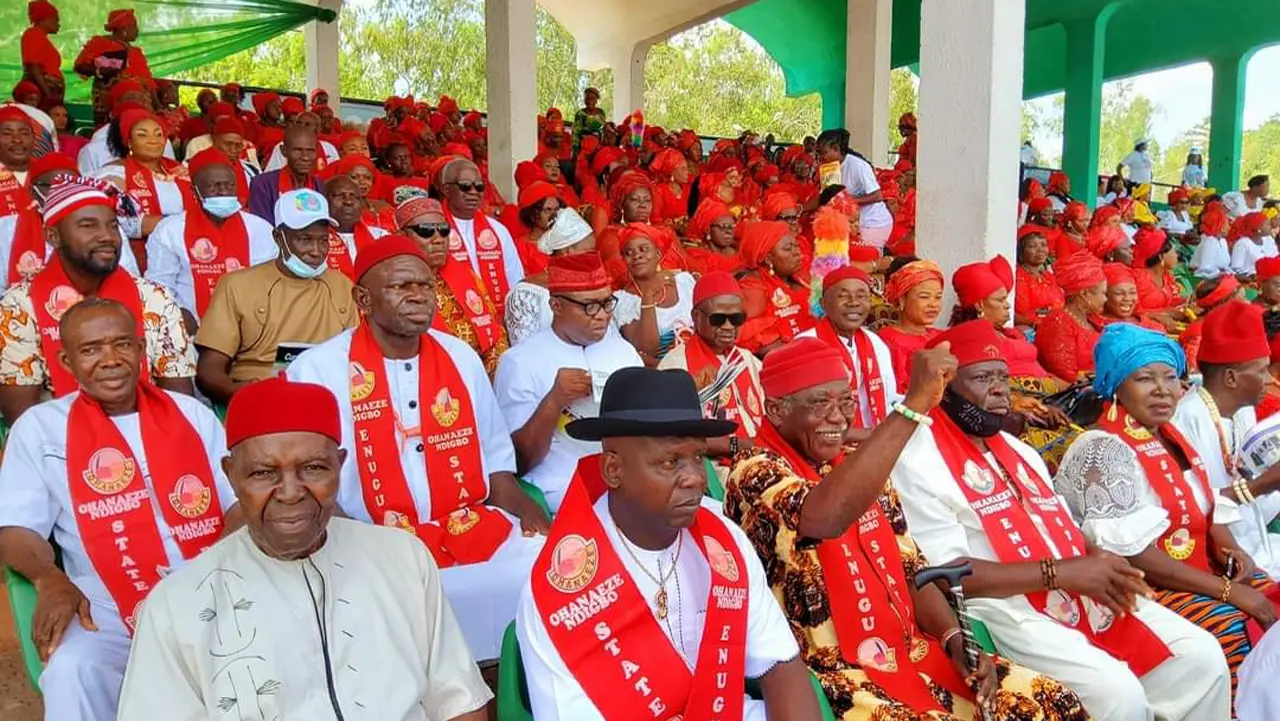Apex Igbo socio-cultural organization, Ohanaeze Ndigbo, has appealed to President Tinubu's administration to initiate dialogue with non-violent pro-Biafra leaders, describing it as a historic opportunity to resolve the decades-long Biafra conflict.
In a joint statement issued on Tuesday by factional Deputy President-General, Mazi Okechukwu Isiguzoro and National Spokesperson, Chief Thompson Ohia, the organization warned that the federal government's continued reluctance to engage with these leaders could have significant repercussions for both the Southeast region and Nigeria at large.
"Indeed, the failure to initiate dialogue underscores a missed opportunity to heal the wounds that have festered since the cessation of violence in the Nigeria-Biafra War over half a century ago," the statement read.
Ohanaeze emphasized that non-violent pro-Biafra activists are neither banned nor proscribed, highlighting their 23-year commitment to peaceful agitation against what they describe as systemic injustices affecting the Southeast populace.
Political Implications for 2027
Looking ahead to the 2027 electoral cycle, Ohanaeze cautioned President Tinubu against relying on political endorsements or defections from state governors, suggesting such strategies often reflect self-preservation rather than genuine loyalty.
"The uncomfortable truth must be conveyed with clarity to the Presidency: the Southeast is at risk of being politically marginalized, held captive by opposition coalitions intent on undermining President Tinubu's administration," the statement continued.
The organization claimed that Southeast governors' influence has diminished, making their endorsements "effectively meaningless," while asserting that non-violent pro-Biafra agitators now hold significant sway in the region with the capacity to mobilize people across Nigeria's 774 Local Government Areas.
"The nonviolent Pro Biafra leaders have graciously offered a handshake of reconciliation, a historic opportunity for dialogue that must not be squandered," Ohanaeze stated, urging the government to seize this moment to foster peace and unity.
The group concluded by calling for collective action toward a future founded on dialogue, understanding, and reconciliation, emphasizing that "the time for action is now."













